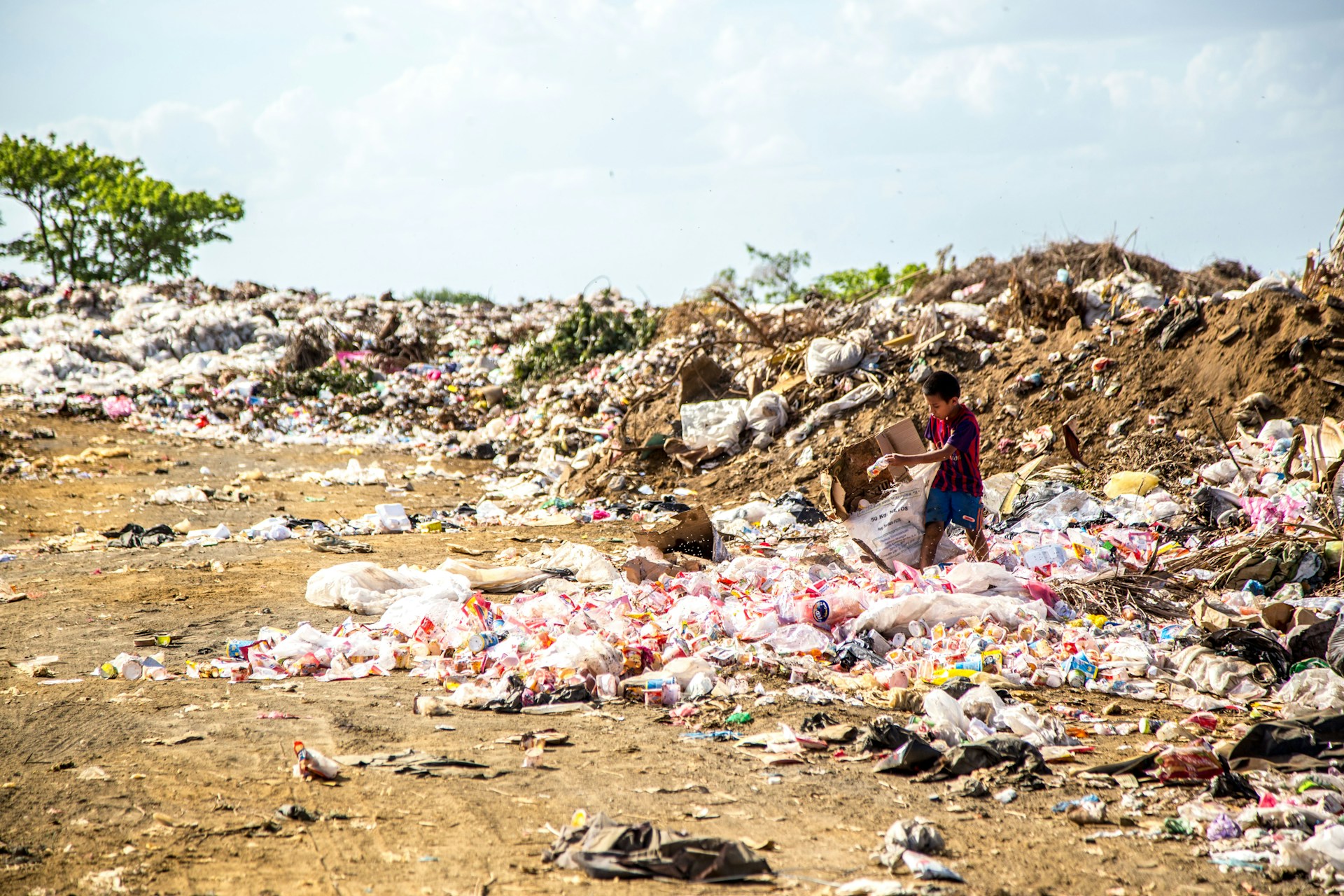Will the Nairobi summit against plastic pollution lead to anything?

Containing plastic pollution is the objective of the treaty which aims to surpass the 2015 Paris Agreement and which is expected to emerge from this week of talks between world leaders in Nairobi. But will the common good prevail over the individual interests of individual states? Facts, numbers and comments
A week-long meeting to arrive at a first treaty to contain plastic pollution. This is the objective set by the nations of the world who will meet from today until next Sunday in Kenya, in Nairobi.
SOME FACTS ON PLASTIC
According to the United Nations Environment Programme, writes Reuters , the world produces around 400 million tonnes of plastic waste a year, of which less than 10% is recycled, with disastrous consequences for landfills and oceans. And over the next decade, the amount produced is expected to increase “as oil companies, which often also produce plastics, seek new sources of revenue as part of the energy transition away from fossil fuels.”
In fact, the Organization for Economic Co-operation and Development (OECD) estimates that plastic waste will triple by 2060, with around half ending up in landfill and less than a fifth recycled.
Furthermore, the UN Program specifies, today approximately 98% of single-use plastic, such as bottles or packaging (for which a battle is also underway in the European Union), derives from fossil fuels.
GOOD INTENTIONS, THE “ZERO DRAFT” AND THE TREATY
Considering these data, the EU and dozens of countries, including Japan, Canada and Kenya, have called for a strong treaty with “binding provisions” to reduce the production and use of virgin plastic polymers derived from petrochemicals and to eliminate or limit problematic plastics, such as PVC and others containing toxic ingredients.
Starting with a document called “zero draft” that lists possible policies and actions to be considered, delegates will discuss which of these options to include in what will ultimately become a legally binding treaty by the end of 2024.
THE KNOTS OF THE QUESTION
However, officials who will participate in talks to create an initial treaty to curb plastic pollution are preparing for difficult negotiations. One of the key points of the discussion will in fact be whether the objectives should be decided unilaterally or whether each State should choose its own independently. This, according to environmentalists , is the “centre of gravity” of the treaty's ambition.
Another question then concerns deciding whether to limit the amount of plastic produced or focus only on waste management.
And finally, countries will also discuss whether the treaty should establish transparency standards for the use of chemicals in plastic production, such as PFAS .
WHO DOES BASTIAN AGAINST…
But limiting the amount of plastic produced by reducing the production and use of plastic polymers derived from petrochemical products obviously does not please the plastics industry and oil and petrochemical exporters such as Saudi Arabia. In fact, they much prefer this option if the treaty focuses on the recycling and reuse of plastic, with a view to the so-called "circular economy". To this end, the petromonarchy last Saturday launched a coalition with Russia, Iran, Cuba, China and Bahrain called the Global Coalition for Plastics Sustainability.
Furthermore, Riyadh is of the opinion that decisions should be taken by consensus rather than by majority and that individual countries should be responsible for the cleanliness, health and environmental costs of plastics and chemicals, "leaving the plastics industries off the hook". fossil fuels and plastic,” said Bjorn Beeler, international coordinator of the International Network for the Elimination of Pollutants.
…AND WHO SAYS ENOUGH
Already in the last round of negotiations held in May in Paris and managed by the International Negotiating Committee (INC), Saudi Arabia – together with the United States, India and China – had expressed its opinion in favor of a "Paris-style" agreement , in which states would have the freedom to determine their own commitments. Others, however, including Africa and many developing countries, have preferred and are pushing for strong global commitments, after for years the richest – and most polluting – nations have been bringing waste home for recycling, making these places open-air dustbins , with serious repercussions for humans, animals and the earth.
The United States, however, is apparently changing its position in favor of common “meaningful and achievable” goals at the global level.
This is a machine translation from Italian language of a post published on Start Magazine at the URL https://www.startmag.it/energia/il-vertice-di-nairobi-contro-linquinamento-da-plastica-portera-a-qualcosa/ on Mon, 13 Nov 2023 15:08:17 +0000.
